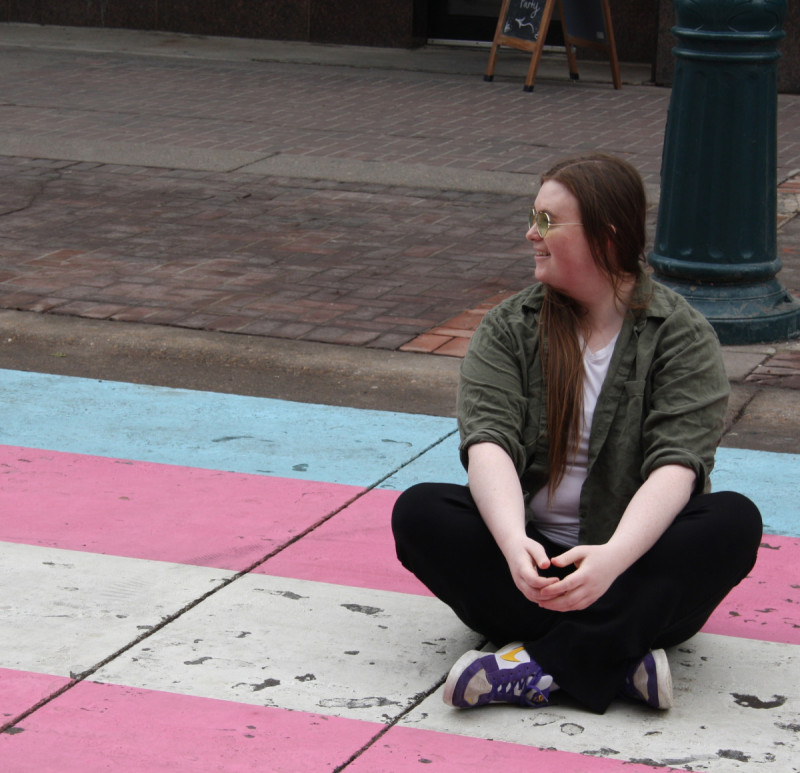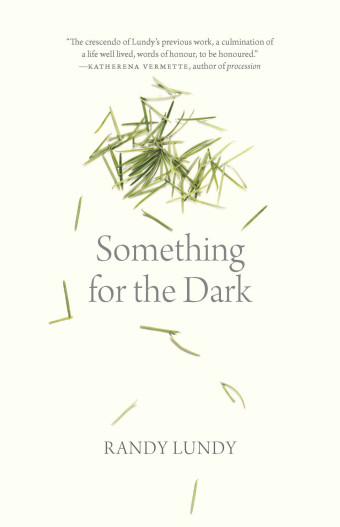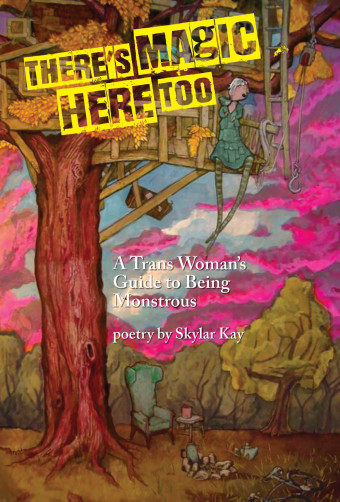Relating transitions in her life to the phases of the moon was the challenge trans poet Skylar Kay set herself in her debut poetry collection, the haibun journal Transcribing Moonlight.

- Transcribing Moonlight
- Skylar Kay
- Frontenac House Ltd.
- $19.95 Paperback, 72 pages
- ISBN: 978-19-89466-34-6
“The moon shifts subtly – imperceptible changes on a nightly basis,” says the Calgary-bred but currently Windsor-based writer. “Even large events – graduations, promotions, falling in love, falling out of love – rarely happen in just a day, but are an accumulation of smaller shifts, the waxing and waning of a lifetime.”
Haibun are a common Japanese literary form for travel journals, but Kay was able to adapt them to her journey as a trans woman.
“While I ventured through mental and physical transitions rather than through landscape, a journey is a journey nonetheless,” says Kay. “Even in Bashō’s famous travelogues, journey is allegorical at times: the author progresses through life, aging, and accepts death – farmers till fields, morning glories fade in the capital’s daylight, northern fields fill with frost.
“By subverting haibun expectations, I introduce marginalized topics – gender dysphoria, hormone replacement therapy, navigating sexuality – to a traditional form. Seasons change, lunar cycles wax and wane, and I accept the transitions in my own life.”
As she worked on Transcribing Moonlight, Skylar was inspired by traditional haibun like Bashō’s travelogues and Issa’s The Spring of My Life, but also contemporary texts like Terry Ann Carter’s Tokaido and Bruce Ross’s Journey to the Interior.
“I’ll never forget the first time I read Momoko Tsuji’s haiku ‘short summer night – / the sex change operation / also completed’ and thinking to myself, ‘Holy cow, you can do that!?’ ” says Kay. “It was kind of liberating and empowering to see a poem on that topic in a haiku anthology.”

Kay and her editor Micheline Maylor had known each other for years, starting in a creative writing class at Mount Royal University.
“Sometimes, a student comes to class, and there’s a certain something about them,” says Maylor. “Skylar had the thing. I like a student who is hard working, but also one that is a bit rebellious. Sky stood out for her incredible sense of humour and sharp dry wit, but also for her dedication to the form of haiku and haibun.”
It seemed natural that Kay would bring her first manuscript to Maylor and Calgary-based press Frontenac House, but she initially found editing difficult.
“I remember breaking down crying the first time we were editing my manuscript because it was all just so overwhelming,” Kay says. “Not only to know that I needed to do a lot of fine tuning on work that was already very personal, but also because I knew I’d have to wear my heart outside my body and expose it for people to see.”
Now that Transcribing Moonlight is out in the world, Kay is back to learning the flora and fauna of her new home – a “weird kind of hybrid Canada/America place” – which is vital to writers of haiku and haibun.
She says, “A lot of my writing these days kind of explores how this liminal/hybrid nature of Windsor reflects my own experience as a trans woman – certainly a project I could not undertake back in Calgary.”













